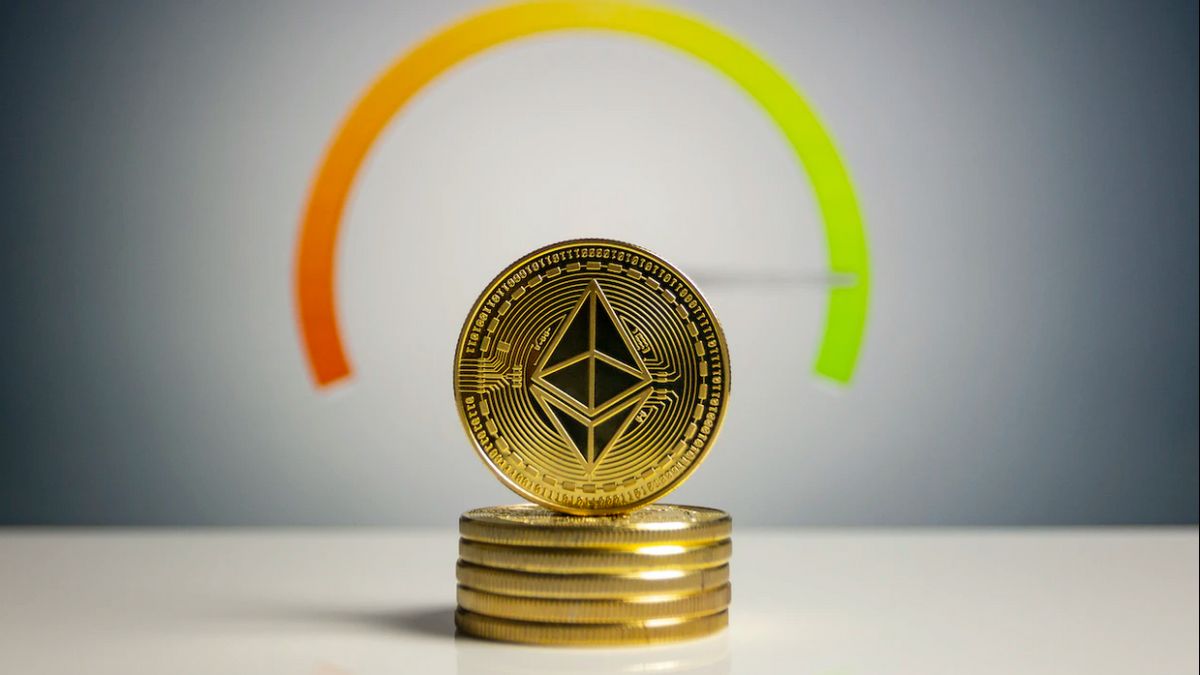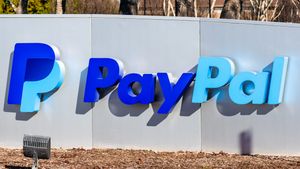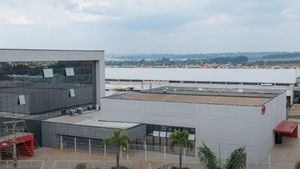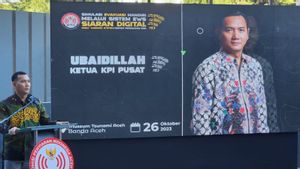JAKARTA - On August 10, Visa Inc, one of the world's leading payment companies, announced an innovative move that can change the way users interact with blockchain-based transactions.
In this important step, Visa announced the ability to pay Ethereum's on-chain gas (gas fee) costs directly using fiat currency, through credit or debit cards.
The term on-chainerujuk on actions or processes recorded directly inside the block chain, including actions such as transactions, asset transfers, and the like.
This move is part of Visa's continuous efforts to advance the sustainability of blockchain transactions taking into account user convenience and accessibility. Visa first tested this feature on the Ethereum Goerli testnet by utilizing smart contract "paymaster".
Through this innovative concept, Visa sponsors gas costs on behalf of users, allowing blockchain transactions without worrying about ETH balances. The paymaster contract used in this scheme is a special variant of smart contract in the blockchain ecosystem.
اقرأ أيضا:
Its function is to supervise the completion of gas costs, so that users can make transactions without the need to determine whether their ETH balance is sufficient or not.
Visa has proposed that traders and decentralized applications (Dapps) have the option to implement their own paymaster solutions. Alternatively, established crypto wallet and paymaster service providers can integrate gas fee payments using Visa cards along with existing payroll services.
In addition, this step is also a continuation of Visa's efforts to make digital assets converted into fiat payments on the Ethereum blockchain in early 2023. This is part of Visa's vision to create a smoother and easier payment experience for users in a world that is increasingly prevalent using blockchain technology.
How To Work On Gas Fee Payments Through Visa Cards
The solution carried by Visa uses the standard abstraction of Ethereum's ERC-4337 account and smart contract "paymaster". In the five-step order, users can start Ethereum transactions using their wallets, with transaction details sent to the web paymaster service.
This service then calculates gas costs and charges the user's Visa card with the Cybersource Visa payment processing system. Once the transaction is complete, digital signatures are sent back to the wallet for validation, and transactions can be completed via the Ethereum network with the help of smart contractpaymaster.
Through this innovation, Visa has paved the way for a simpler, more efficient, and more user-friendly blockchain transaction experience. This move can also accelerate the adoption of blockchain technology among the general public, which may still face complexity in conducting on-chain transactions.
The English, Chinese, Japanese, Arabic, and French versions are automatically generated by the AI. So there may still be inaccuracies in translating, please always see Indonesian as our main language. (system supported by DigitalSiber.id)
















